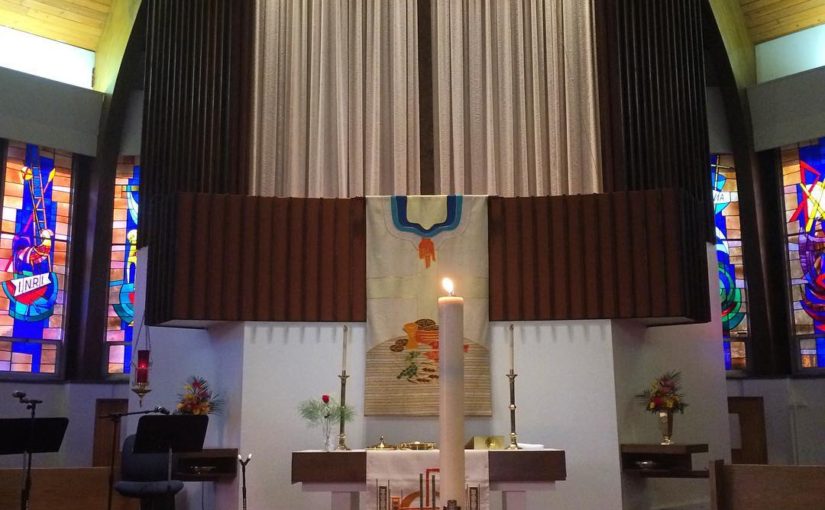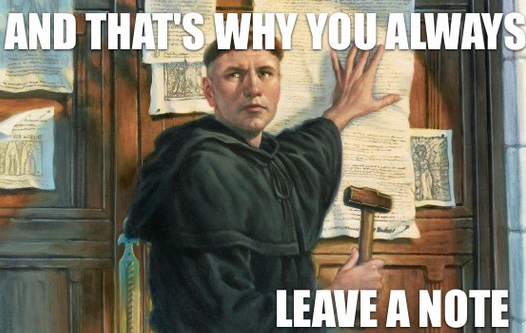ELCA Clergy throughout the region composed and signed a joint letter condemning hate. We shared to our congregations in November 2016. The Rev. Michael Linderman composed the letter. His colleagues (including me) refined the language.
Dear friends in Christ,
In the days following this very presidential election, we are saddened by reports of increased vandalism, threats, and intimidation, some of an explicitly racist nature, throughout the country. Several news outlets, including the Southern Poverty Law Center, have reported a surge in such incidents, which have been directed mainly at Muslims, Jews, black and Latino people. The FBI recently reported that such incidents have been on the rise already in 2015, and that attacks on Muslims have seen the sharpest increase in frequency.
As Christian leaders, we find this both reprehensible and unacceptable. We are inspired by our Christian faith in a God who becomes incarnate and moves closer to us to save us, despite our flaws and sin, and thus frees us to move closer to others in fellowship and solidarity. We appreciate the support of our Synodical Bishop, The Rev. Tracie Bartholomew, who has instructed us that, “[r]egardless of who you or your parishioners voted for, we all must denounce this behavior. As the body of Christ, we are called to stand with those whom God loves and claims as God’s own cherished children…. We are charged to eradicate racism in all its forms, welcome the refugee and immigrant, and work for justice and peace in all the earth. There is no place for bigotry in our church.” (letter dated Nov. 14, 2016)
Thus we, the undersigned pastors of Lutheran churches of the ELCA, serving or supporting congregations in Bergen, Passaic, and Essex counties, want to assure all people in our communities, regardless of race, religion, disability, sexual orientation, ethnicity, gender, or gender identity, that we will seek to preserve and protect their rights and dignity, and promise to work for the end of systemic racism and discrimination. All people, but especially those who feel powerless or the targets of bigotry or scapegoating, should be treated fairly and with human decency, and as an enlightened community, we should all strive to address their needs so that together, we all may flourish.
Signed:
The Rev. Wendy Abrahamson, Wayne
The Rev. Hayley Bang, Paramus
The Rev. Bruce Bassett, Glen Rock
The Rev. Arnd Braun-Storck, Elizabeth
Chaplain Abby Ferjak, Ridgewood
The Rev. Maristella Freiburg, Newark
The Rev. Peggy Hayes, Dumont
The Rev. Julie Haspel, Oakland
The Rev. Lisa Holliday, New Milford
The Rev. Michael Linderman, Ramsey
The Rev. Jenny McLellan, Allendale
The Rev. Will Moser, Montclair
The Rev. Peggy Niederer, Wyckoff
The Rev. Scott Schantzenbach, Oxford
The Rev. Beate Storck, Tenefly
The Rev. Marc Stutzel, Woodcliff Lake
The Rev. Steven Sweet, River Edge
The Rev. Ignaki Unzaga, Passaic



